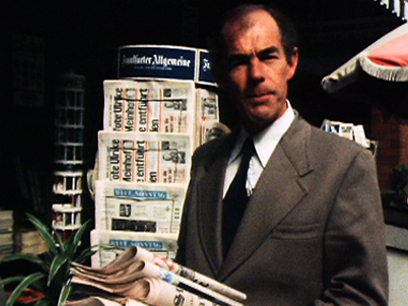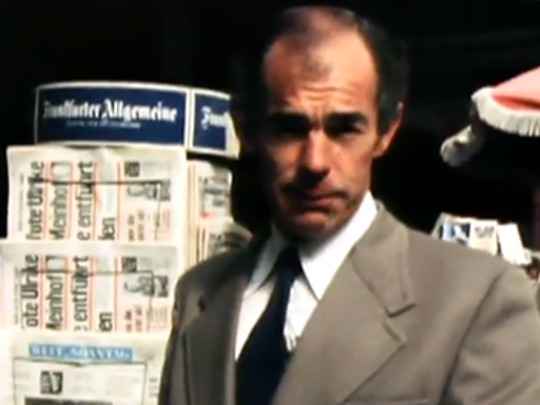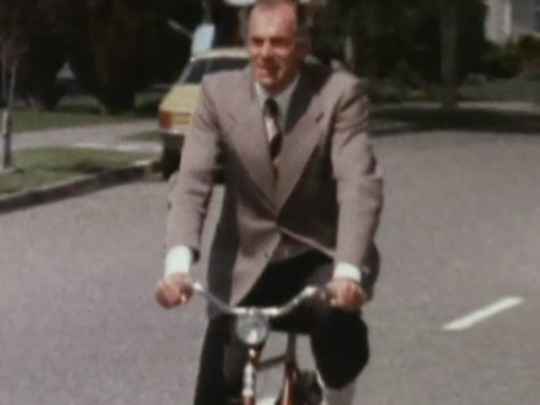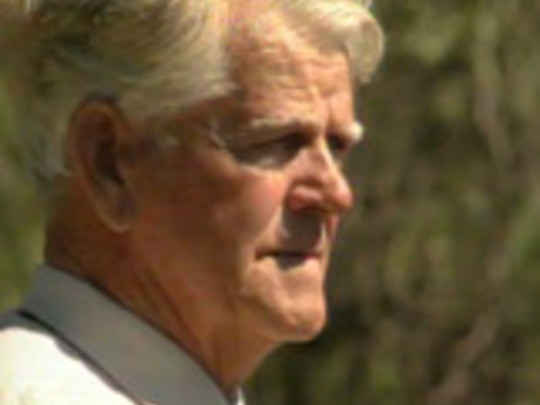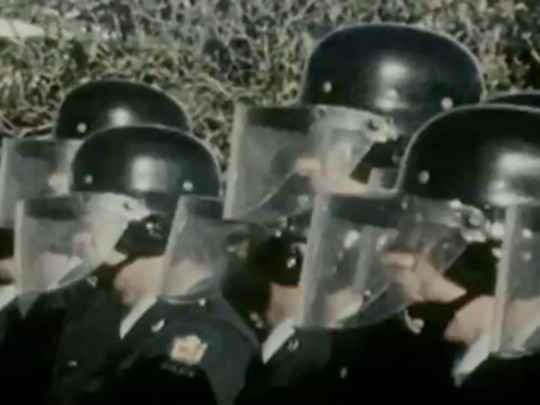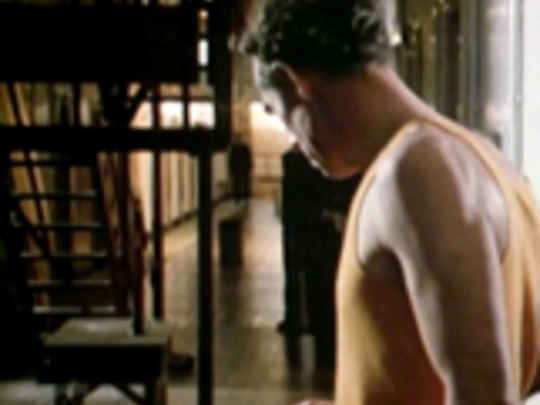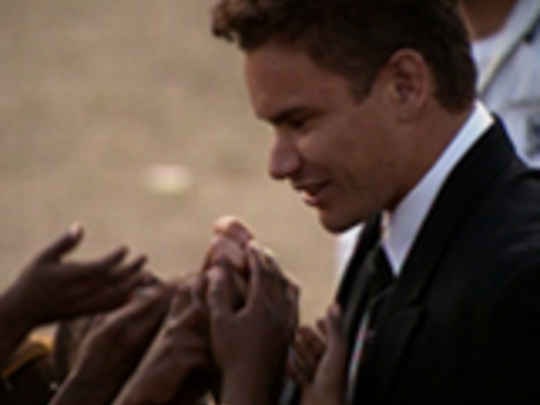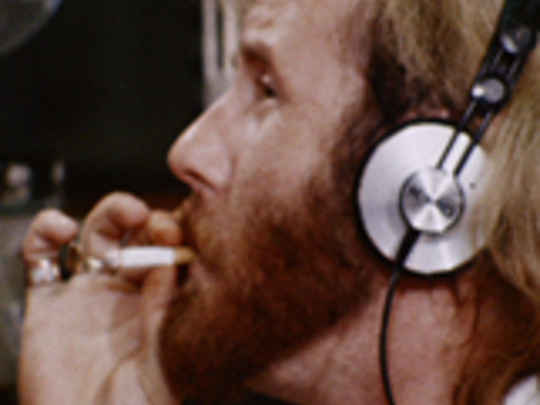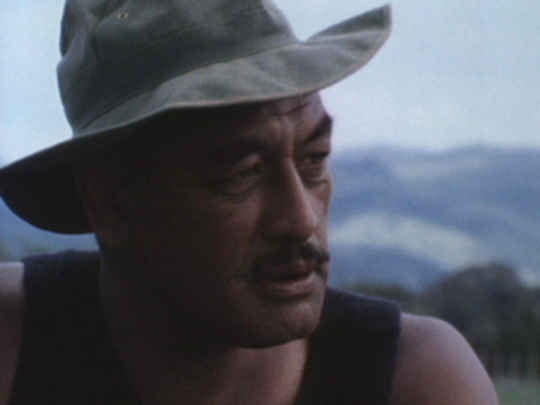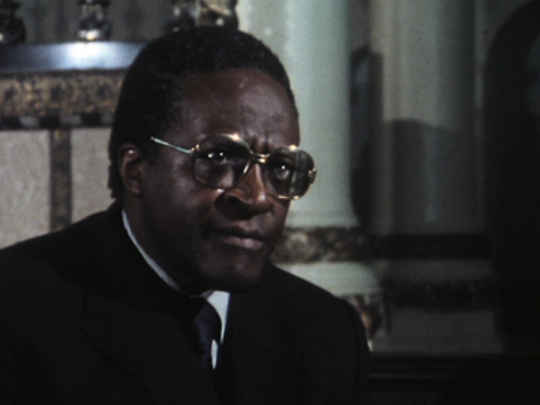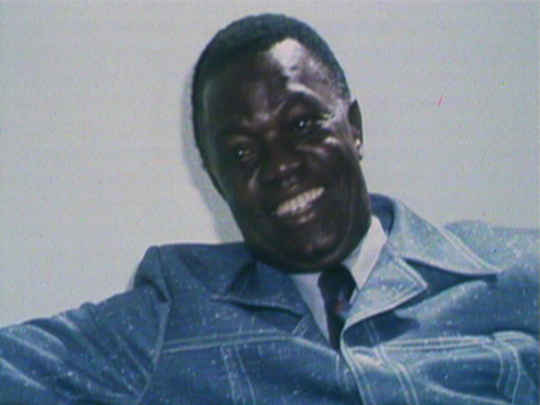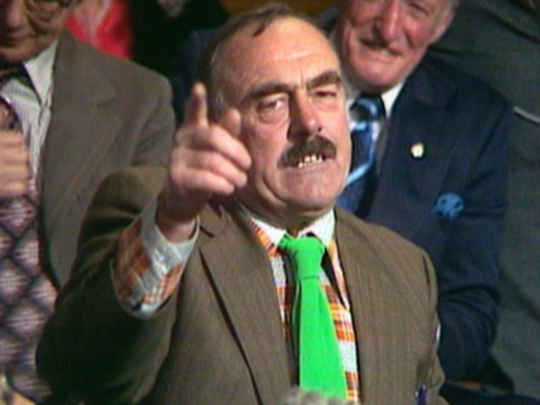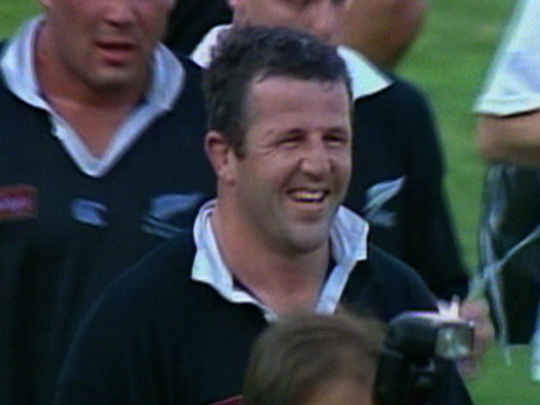Seven Days: South Africa - The White Future
Television (Excerpts) – 1976
Superbly informative…At last New Zealand has seen the issue put clearly and concisely: the veil of misinformation and bigotry has been lifted. New Zealand’s choice is clear: play apartheid politics under the guise of sport — or give backing to the true sportsmen and women of South Africa by refusing to collaborate with pigmentation politics.– June 1976 letter sent to BCNZ after the three-part special went to air, signed by 15 South Africans resident in NZ
As far as I can see, I have a role to play in South Africa. It’s to try and bring white people to their senses. It’s a very hard job.– Alan Paton, author of Cry My Beloved Country
On the 18 hour flight to Johnannesburg it began to sink in that this assignment was big time, more difficult and dangerous that anything I'd tackled before.– Ian Johnstone in his 1998 book Stand and Deliver, page 107
I began to realise how important the [All Blacks] tour was to this male-dominated, fossilised society with its aberrant ideas about racial supremacy. South African whites felt misunderstood and rejected by the rest of the world, but, wonderful consolation, their cousin Kiwis were still prepared to play rugby against them.– Ian Johnstone in his 1998 book Stand and Deliver, page 110
And when your All Blacks play on this ground, I'll sit here in the grandstand — my friends will be over there — on the black terraces. And when Bryan Williams scores, those terraces will go crazy. What kind of country is it when three-quarters of the population cheer the visitors, hoping they'll beat the hell out of the so-called national side?– Journalist Donald Woods, quoted in Ian Johnstone's 1998 book Stand and Deliver
